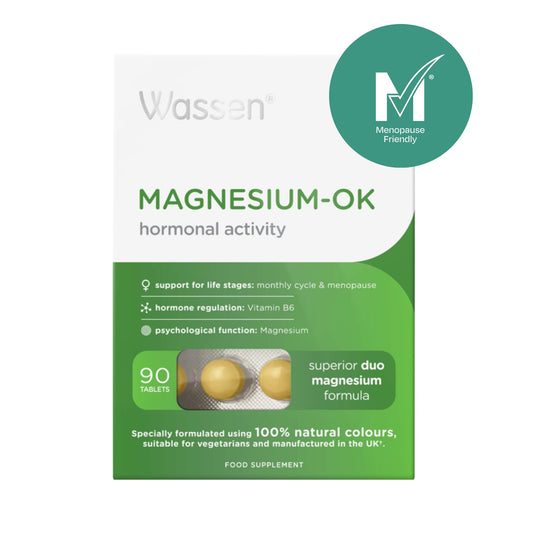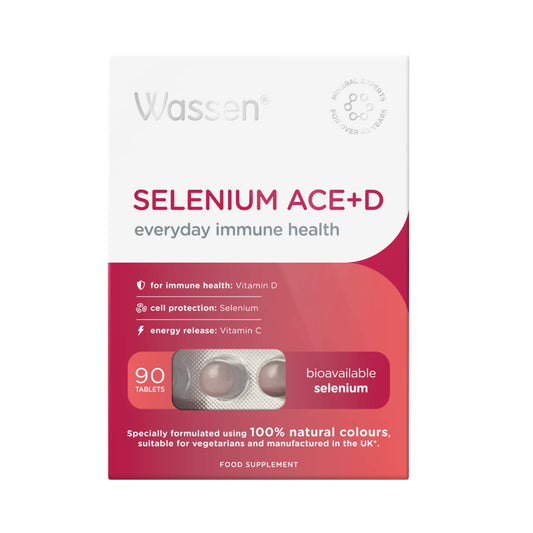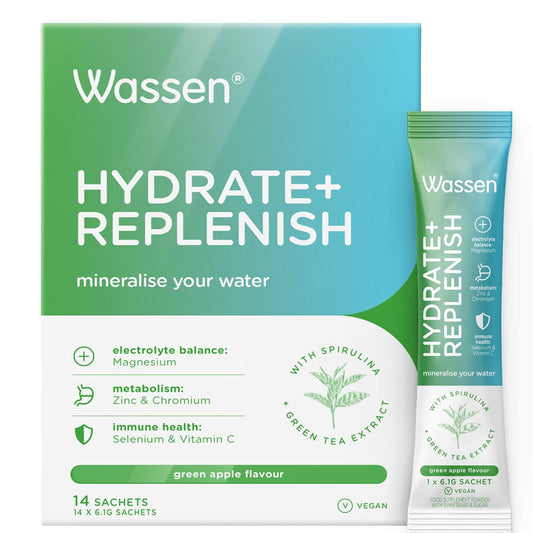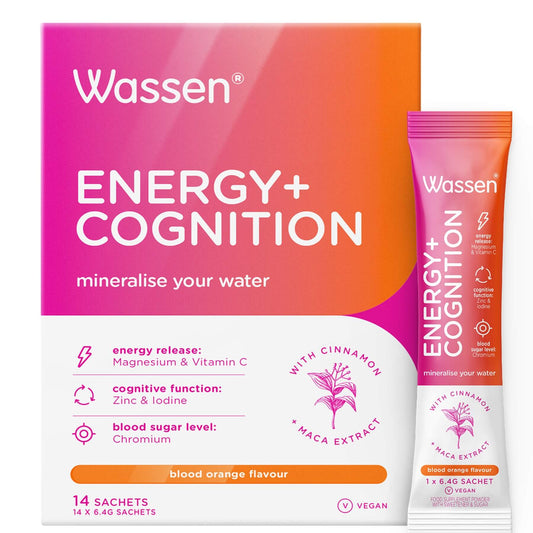When you start to think about minerals and what they do it can blow your mind!! Bearing in mind they are inorganic substances found in rocks, soil, plants and animals, it makes you realise that we are connected to everything. Before we get too philosophical, it’s also important to understand that they are essential to many areas of our health.
Unfortunately many people can become mineral deficient as modern farming processes have depleted the soil of minerals, resulting in fruits and vegetables less nutritious today than 50 years ago.
So what are the most important minerals? What do they do? And how can you include more in your diet?
Magnesium
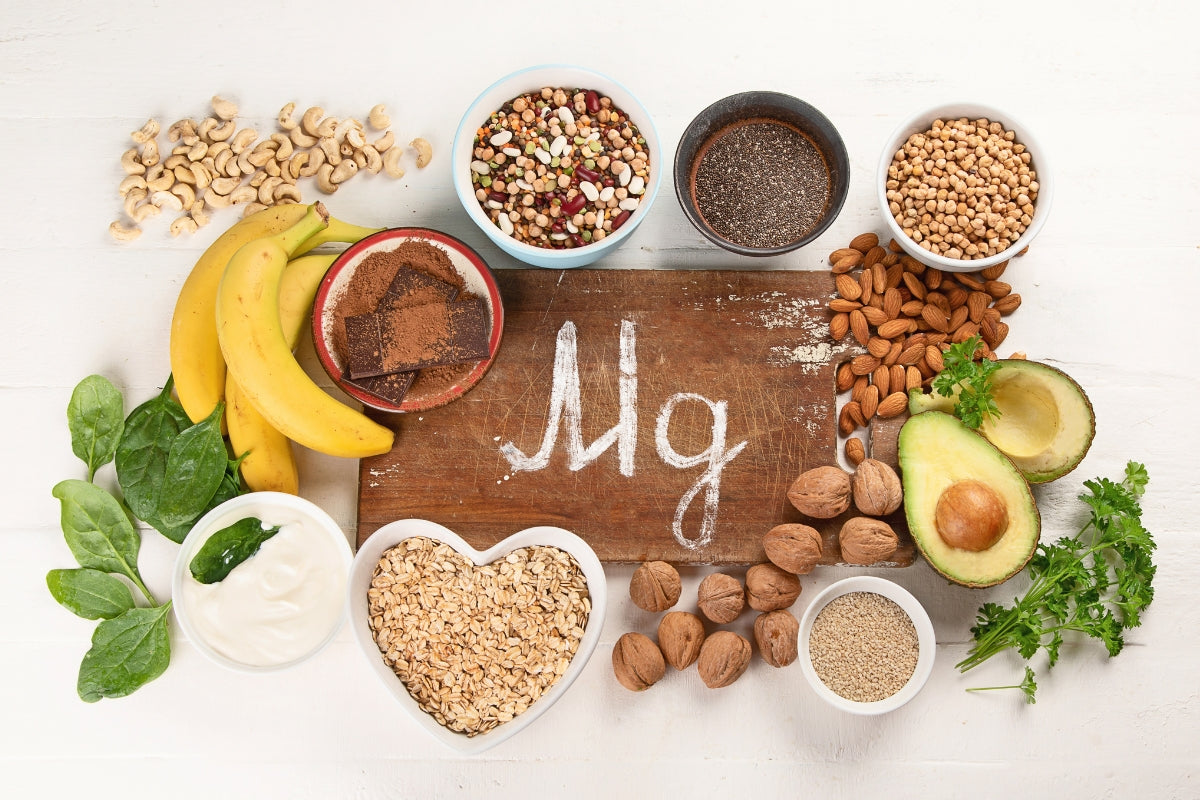
What does it do?
It is an essential mineral involved in helping to release energy from the food we eat. If your levels are low you may experience, fatigue, muscle weakness, low tolerance to stress.
How to improve your magnesium consumption:
- Eat at least 2-4 portions a day of: salad greens, dark green vegetables, nuts, seeds and legumes. Make a side salad of green leaves, pine nuts, olive oil and lemon juice to eat with lunch or dinner - an easy win!
- Epsom Salt Baths - these contain magnesium salts, simply sprinkle in for a relaxing bath
Selenium
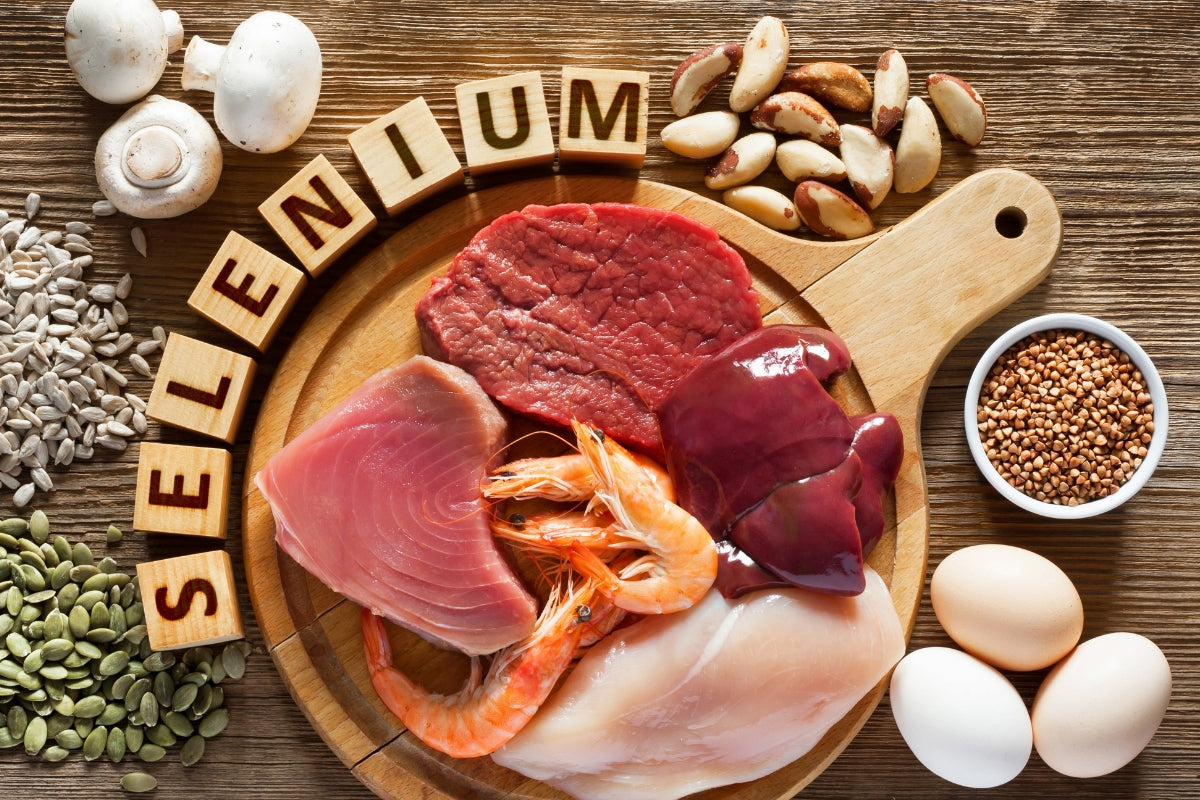
What does it do?
It is required for a strong immune system, thyroid health. Low levels of selenium have been associated with poor hair health, poor immunity and poor thyroid function.
How to improve your Selenium consumption:
- Eat organic foods - as the amount of selenium in fruits and vegetables correlates with the amount found in soil, organic produce tends to be more nutrient dense and therefore an improved source of selenium.
- Add the following foods into your diet on a regular basis: tuna/halibut/sardines, wholewheat spaghetti, brown rice and brazil nuts. A quick and easy snack = tinned sardines on wholewheat toast, the perfect fast lunch!
Zinc

What does it do?
Is most famous for its role in immunity. Low zinc status may result in poor appetite and taste sensation and poor skin repair.
How to improve your Zinc Consumption:
- A healthy intake of red meat, poultry and seafood can be an excellent source of zinc.
- Vegetarians may struggle, make sure you eat plenty of cashews, peas, and almonds as alternative sources of zinc.
So what would the perfect mineral packed meal be?
Chicken, Kale & Cashew stir fry in ginger, garlic and soy sauce
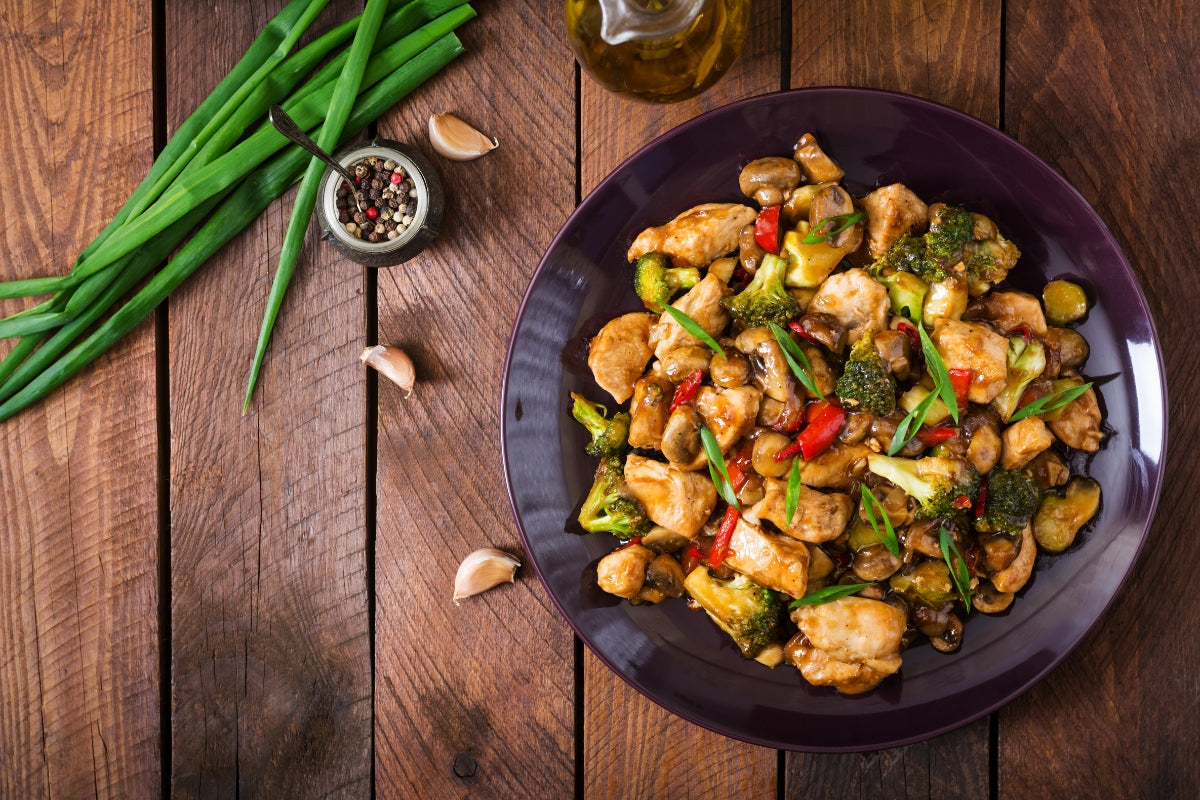
This would cover all bases and is a delicious, quick and healthy lunch or dinner. Have it at least once a week knowing you are getting a good dose of minerals.
Final note
These are just three of many essential minerals required for a healthy body. Wassen International have been selling mineral based supplements for over 40 years, they are mineral experts and have formulated excellent products to include the necessary vitamins and minerals to support immune health with Selenium A,C,E, and D; to combat fatigue with Magnesium B and to help women maintain their health throughout the month with Magnesium OK.
References and Additional Reading
www.ncbi.nlm.nih.gov/pubmed/15637215
Davis DR1, Epp MD, Riordan HD.
Am Coll Nutr. 2004 Dec;23(6):669-82. Changes in USDA food composition data for 43 garden crops, 1950 to 1999. https://www.ncbi.nlm.nih.gov/pubmed/15637215
Chandrasekaran NC1, Sanchez WY2, Mohammed YH2, Grice JE2, Roberts MS3, Barnard RT4.2016 Permeation of topically applied Magnesium ions through human skin is facilitated by hair follicles.Magnes Res. 2016 Jun 1;29(2):35-42. doi: 10.1684/mrh.2016.0402.


